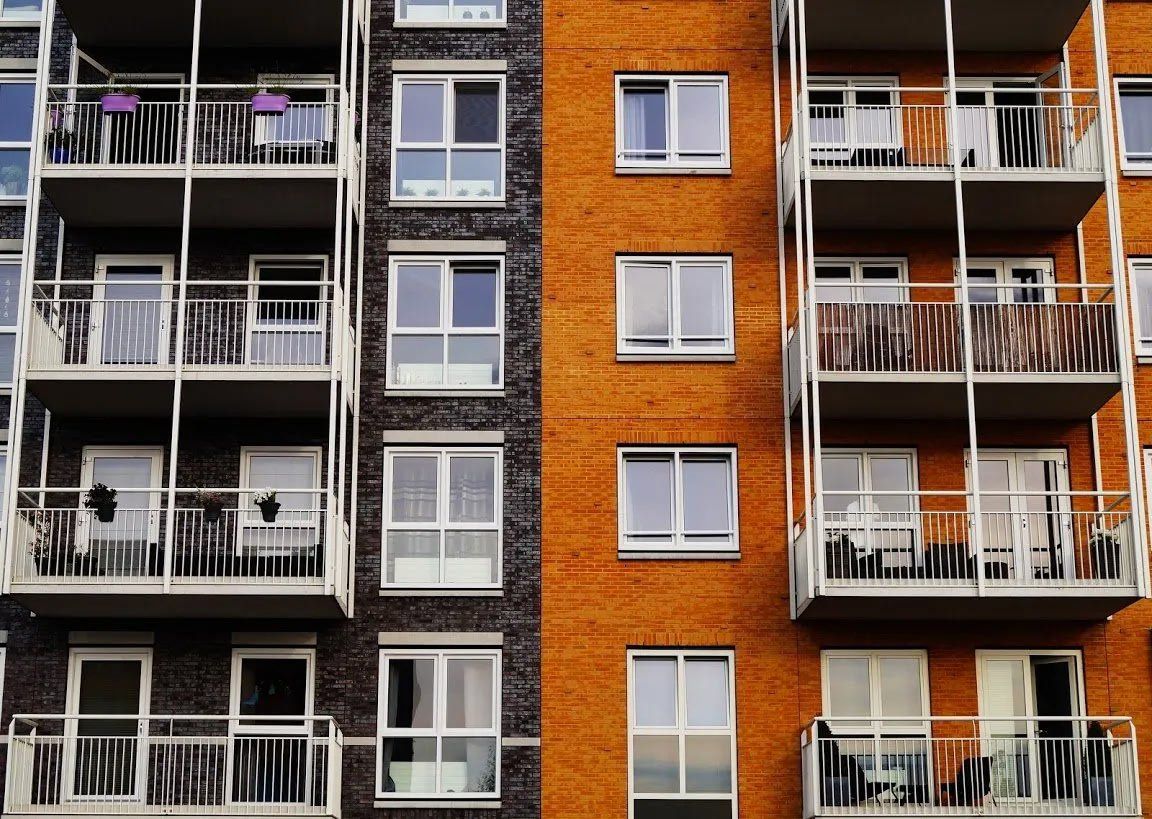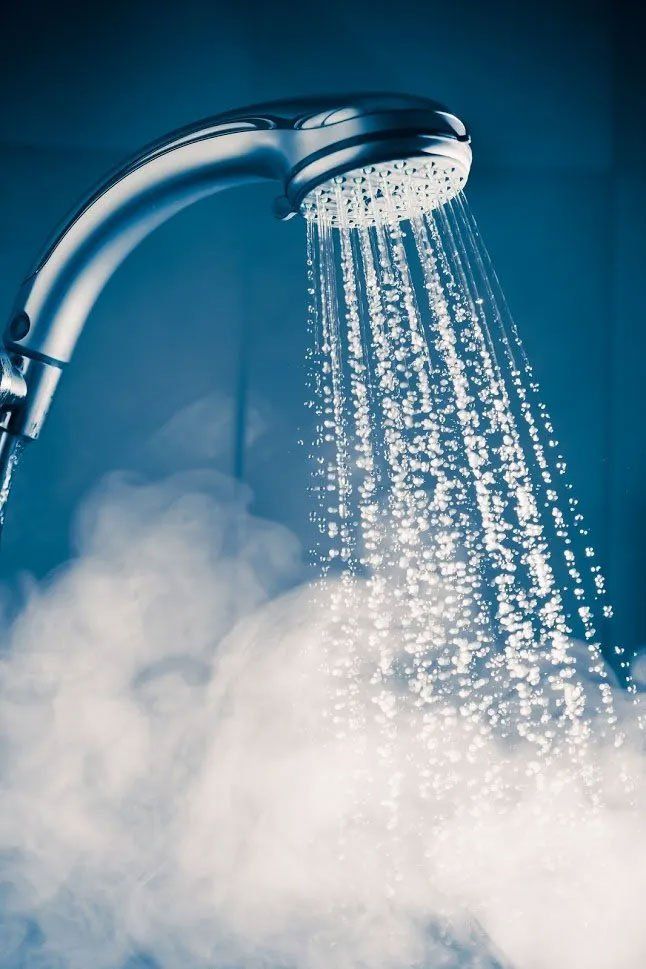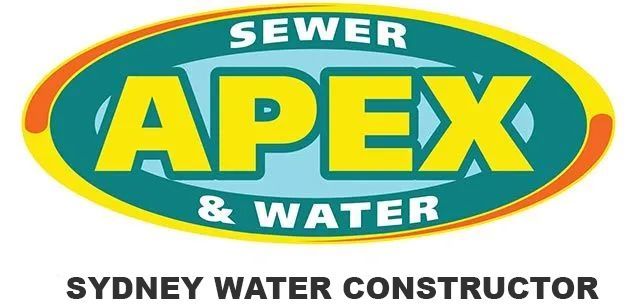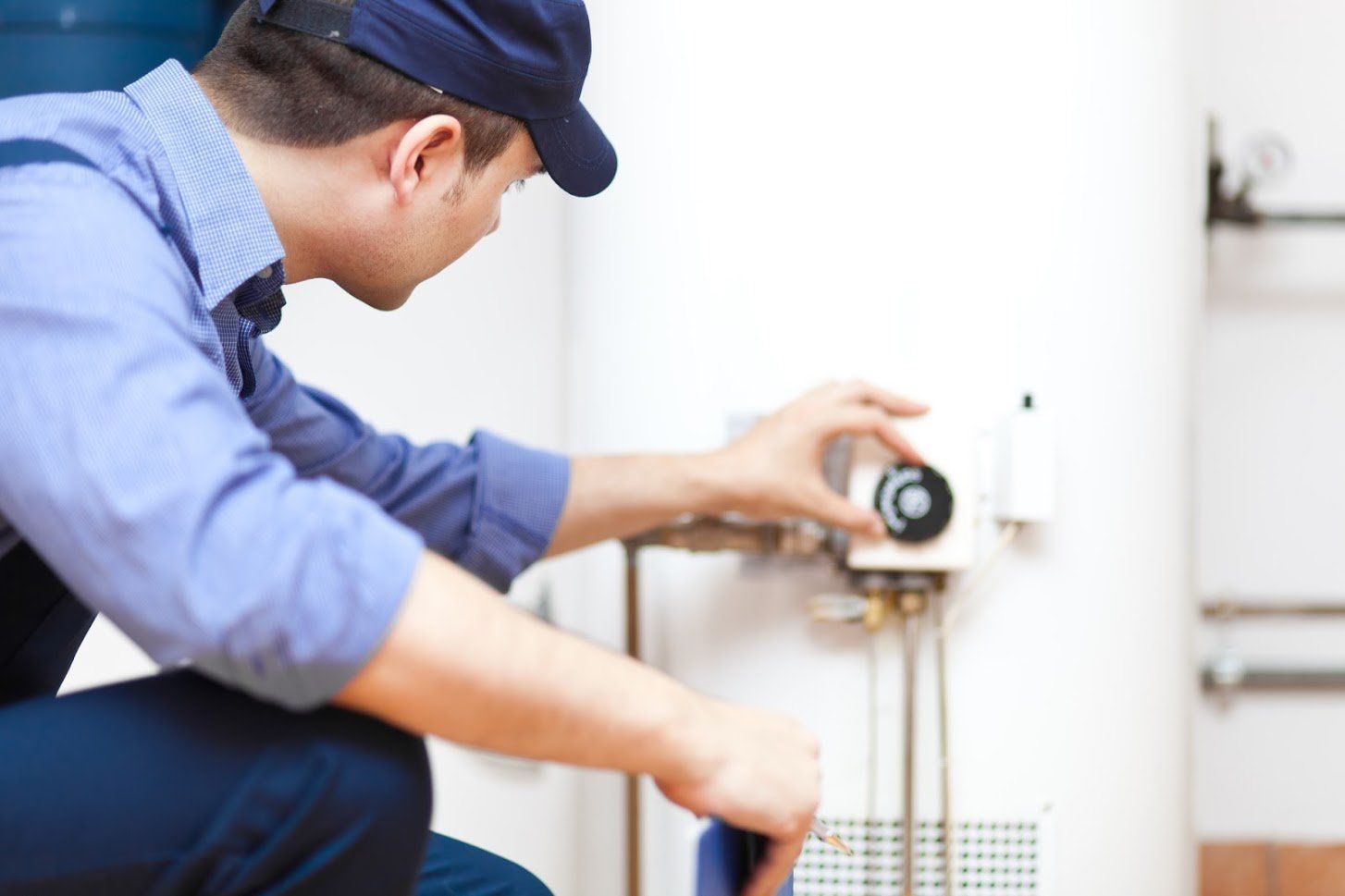3 Ways Your Plumber Can Save Water in Your Bathroom
Older bathrooms often work just fine; however, their fittings and systems might not actively save water. You might use more water in this room than you strictly need to.
You might not be ready to install a new bathroom just yet, but you can take some steps to reduce the amount of water you waste in the room. Your plumber can help you adapt current systems and install water-saving devices. You'll use less water and reduce your utility costs.
Where can your plumber help you make useful savings? See three ways.
1. Your toilet
Older toilets usually work on a single-flush system. Whenever you flush the toilet, it delivers the same amount of water. This system wastes water — you don't need a full flush every time you use the toilet.
If you buy a new toilet now, then it should come with a dual-flush system. These toilets give you a choice of two types of flush. One uses a lot less water than the other does, so you control how much water you use. If you get into the habit of using the smaller flush, you use a lot less water. Even the bigger flush uses less water than a typical single-flush toilet.
You don't have to install a new toilet to take advantage of dual-flush savings. Your plumber might be able to change the internal flush mechanism of your existing toilet. Here, you use a dual-flush conversion kit to replace your single-flush mechanism. You get the benefits of dual-flush savings without having to install a new toilet.
However, you can't use a conversion kit on all toilets. If your toilet isn't suitable, your plumber can help you put a water control device in your cistern.
These devices reduce the amount of water in each flush by displacing or trapping water in this tank. They aren't as effective as a dual-flush conversion, but they help you use less water until you're ready to upgrade.
2. Your taps
You can also take steps to reduce water consumption from some of the taps in your bathroom. For example, low-flow taps use water more efficiently. These taps mix air in with their water. They then let out less water when you turn them on.
However, you might not even notice the difference. The taps run less water but the air that mixes in gives the water more volume. You'll feel like the taps are giving you enough water at the right flow rate.
If you don't want to replace your taps, then you can sometimes add aerator caps to their spouts. These devices also aerate the water to make its flow stronger. They aren't necessarily as efficient as low-flow taps; however, they do make a difference.
While both these options save water, you probably don't want to use them on bath taps. While you won't notice an aerated flow in your basin, you will notice it in a bath. The bath will take a lot longer to fill.
3. Your shower
While a shower uses less water than a bath, it is still a source of water waste. You should look at changes that make the system more efficient.
For example, you can replace your current showerhead with a more efficient one. You can buy low-flow or aerated heads that work just as well as regular ones but use less water.
Your plumber can also help you set up a shower timer if you want to reduce the amount of time you spend in the shower. These timers control the shower's operation. Once you've had your allocated time, the device switches off the water.
For more advice on how to waste less water, contact S. P. K Plumbing & Civil. We can help you choose and install water-saving devices. If you decide that it's time to renovate, then we can also help you design and install a new bathroom.
You might also like




